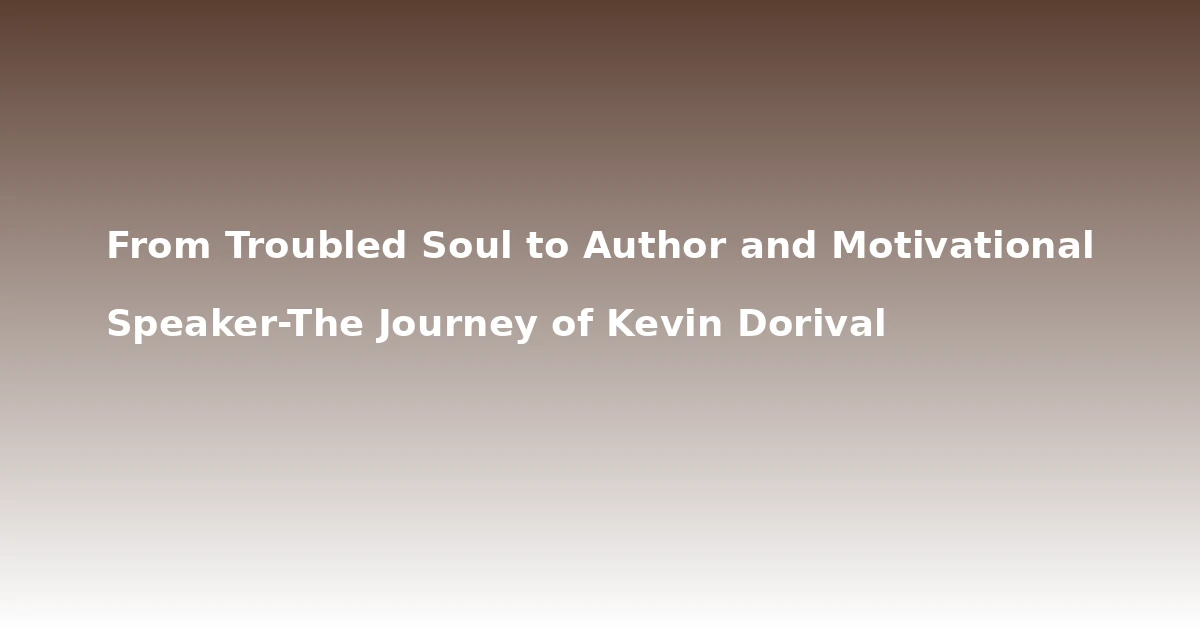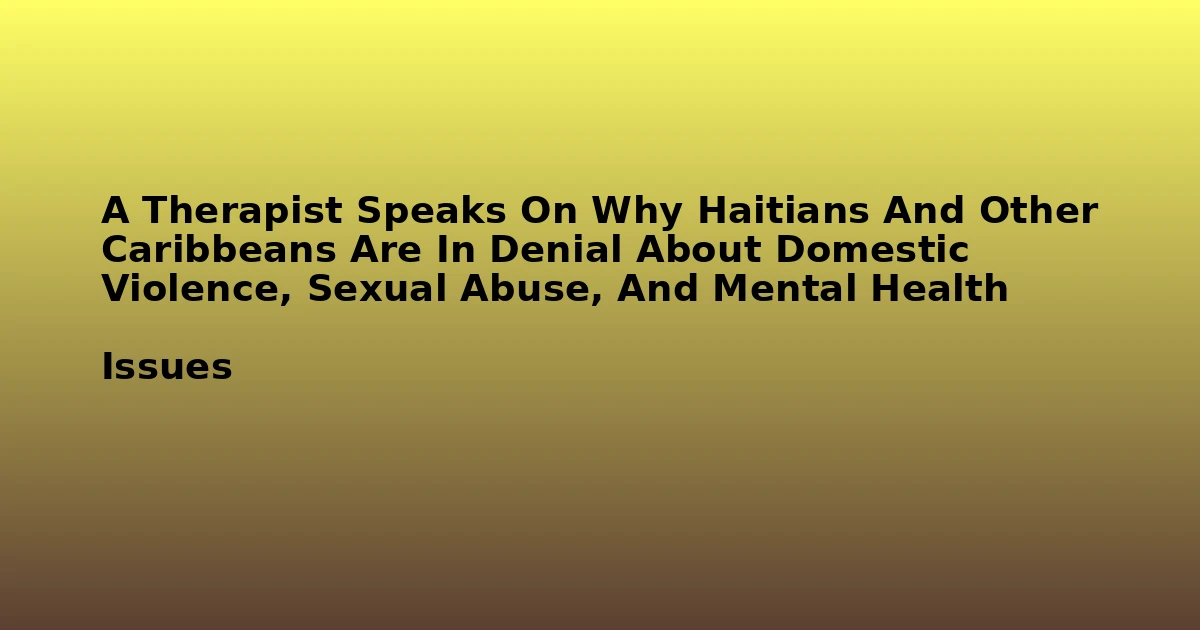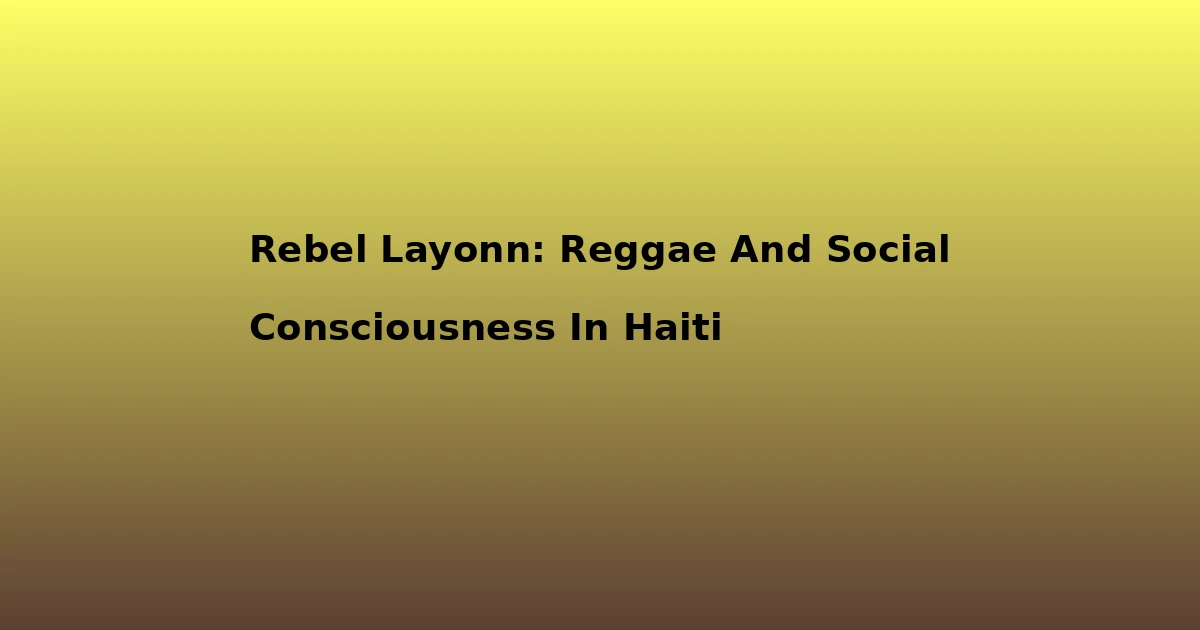Putting photographer Olivier Duong in a box is as futile counting sand at a Caribbean beach. The photographer is practically impossible to categorize. On one hand, he’s an artistic photographer, the sort who will travel to the streets of Port-au-Prince and capture still-life-like shots of life there. On the other hand, he is sort of photographer brides count on to get journalistic and artsy photos of their nuptials.
He’s what a holistic photographer—the type of photographer who is practical and artistic at the same time. But, but then again, he would also fall in what George Bradt a scientific and artistic leader, as he inspires many through , the photography magazine he co-created.
However attached he is to photography, Duong also dabbles in other creative arts. He’s very much into graphic designing and website development, and lately he’s really been into writing, to the point where he’s thinking of putting together an e-book.
Born in Port-au-Prince to a Vietnamese dad and a French-Haitian mother, Duong was raised in Jacmel.
There’s probably a really interesting story of how your mom and dad met…
Well, I guess so. Here’s what my mother told me: She was at a bar, and she had an unruly little cousin that somehow got a hold of pepper spray. And he was sprayin’ right and left.
My dad was a regular and he took hold of the kid cousin and stopped the whole thing. They all had to wash their eyes, apparently that’s where everything started.
Now, growing up Vietnamese and Haitian…what was that like?
It was interesting. Well, first of all, you can’t hide anywhere. All I wanted as a kid –as human nature dictates- was to fit in.
I never really could. First day of school and I already had the nickname Ti Chinwa—Little Chinese in Creole. The fact that I was larger back then did not help. I not only had to juggle between ti Chinwa—but also bout patat si—piece of potato in Creole.
Everywhere I went I couldn’t just blend in, I stood out. My friend says every time he went out with me for a walk, he felt like a rockstar because of all the attention he was getting. I didn’t want the attention, but got it anyways.
I actually went all the way to Vietnam, where I hoped I would blend in, but that wasn’t the case. We went for a boat ride where Vietnamese pay less, I didn’t need to speak the language to understand that the lady guarding the boat was saying, “There is no way under heaven this guy is Vietnamese.”. I had to pay full price, unlike my dad and all of my uncles.
That event pretty much made me give up on fitting in anywhere. But thank goodness I had some really good friends that tagged along the road. So, it’s not like I was alone or anything. I met them with years of separation, it’s as if time didn’t go by…save a few more strands of facial hair.
In the end, I made peace with not fitting anywhere, and ended up embracing it. Turns out my Haitian wife had a thing for Asians, lucky me!
Interesting. How did you get interested in photography?
Well, it all started with G.A.S—…it’s when you want something but really don’t need it. My friend showed me her camera and I just had to have it. Living on my own, I saw that I could buy this model—without having a clue on how to use it—and I just bought it.
I had to eat rice a few days but hey, I had a camera, so I was a photographer! Or so I thought.
Then I started shooting but saw that my stuff wasn’t like the stuff I saw that was good. I asked myself why my images were bad, and went on from there. I’ll never stop learning, it’s a life long process.
Photography used to be considered as this intricate art. When you study the history of photography and all, it was about expertise. You read about terms like F-stop, focus, quadrants. Do you think that with the advent of digital photography and photography apps that photography is losing that flair?
Photography, with affordable cameras and an affordable process—less costly than film—is officially democratic. Anyone nowadays can become a photographer. I think that’s a good thing.
When I get nice images of my kid, I’m happy. So it’s good that others can do the same.
Now a problem arises when people confuse owning a camera and actually being a photographer. When that happen, you see good photographers in the mist of people that just own a camera. Cameras, especially DSLRs are in the list of consumer goods to have after things like a flat screen TV and laptop.
The core issue is, the camera gives you the illusion that you can become a photographer as soon as you have it. And that makes it hard to actually be a vocational photographer when everyone thinks they can do it too. The technical term for these folks is “Uncle Bob”. Uncle Bob is the guy that just brought a camera and thinks that he can do as good as a job as an experienced photographer.
So with the democratization of photography, the flair is still there, just diluted. When everyone thinks that they can do something, it only makes you work harder to put yourself above them, photographically speaking.
What is your most treasured photo ever?
That’s actually a good question, my answer is, not the one I believed it was. At first I believed it was this one [street photo of a young man looking in the camera ] But, after losing my hard drive—and not backing up due to carelessness—I realized the family photos trump other photos because they are the most meaningful ones you can make. You can always get great images tomorrow, but you can’t replace family images. So, so far this image is most treasured by me [photograph of child].
I noticed that on your website, you have all sorts of photos. A collection of photos taken in Haiti as well. Can you please tell us about that?
Well, my mother died in the earthquake. One thing that bothered me was the fact that I never really took the time to actually make a nice image of her—back then, I spent my time taking pictures of flowers unfortunately. When I went to Haiti, it was the first time after the earthquake—I couldn’t get in to bury my mother in 2010—and it’s like I was making amends through my photography. I was searching for my mother in the streets of Haiti.
I really wanted to show the resilience of the people there. I only had access to the streets so I documented the street life there, and sure enough, the resilience showed through the photographs. There’s something about the Haitian spirit that makes it unbreakable. Now come to think of it, maybe it’s what keeps me going when times are tough.
I will turn this project into a book eventually, and I am actively looking for grants to create a project about the earthquake.
Sorry to hear about your mom. Have you already taken your dream photo? Or do you think that’s something to come.
I’ve made several of my dream images. Sometimes I look at them and still can’t believe I made the image! But the quest for the image is a lifelong quest.
The images that I dream about are always for tomorrow. Complacency is the photographer’s worst enemy. Some thing they’ve made it, they don’t need to learn anything and it all goes downhill from there.
What does it take to become a professional of your caliber?
My Caliber? Well first things first, I don’t think I’m all that. But to get to where I am at there’s only two words: hard work.
I ain’t special in anyway, not smarter than anyone, not better than anyone. I had a camera and I committed myself to learning photography. I just worked harder than everyone else I knew of, pretty simple, no?
My music career lasted just one day of school. After I saw the commitment I had to make to even read music sheets, I gave up. I could have been a guitarist if I wanted to work at it. Fact is, you probably can be anything you want in life, provided you work towards it.
To become a professional, learn the basics, and make sure you are a good photographer. It will be good for you, but also for your clients. I say this because I’ve seen one too many calling themselves pros and giving terrible images to clients.
Then market yourself. Market yourself. And…..Market yourself. Once you put the word “professional” before photography, you basically put “marketing” before photography.
A mediocre photographer will always outsell a good one with marketing. That’s just a fact. Put yourself everywhere you can.
But the biggest advice is, work with other vendors in your industry. If you do weddings for example, be close friends to florists, hotels, etc. Brides get married once, these folks will be there for years to come and will refer business to you.
The is simply marketing. Nothing happens if you don’t market yourself. You don’t even need to be a good to make it in photography, it’s a sad fact.
Lots of big names in photography are pretty average photographers, they got there though marketing and connections. But that doesn’t mean you should go the same road, you have to hold yourself to high standards and be the best that you can be. Then market yourself, attend events, put ads in classifieds, create buzz!
When was the last time you went to Haiti?
It was in 2011. It’s in worse shape than I left it, especially Jacmel, a relatively clean and quiet coastal city, but lakay se lakay—home sweet home.
| Visit , the photography magazine he co-founded. | | |
[ Photo Credit: All photos provided by the subject. ]
Last Updated on December 2, 2025 by kreyolicious



